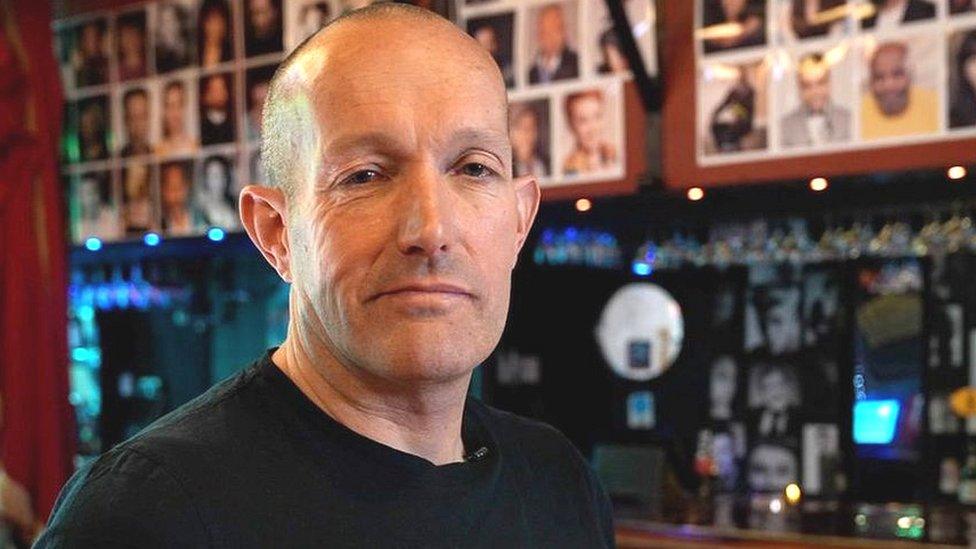Call for increased payout for armed forces gay ban
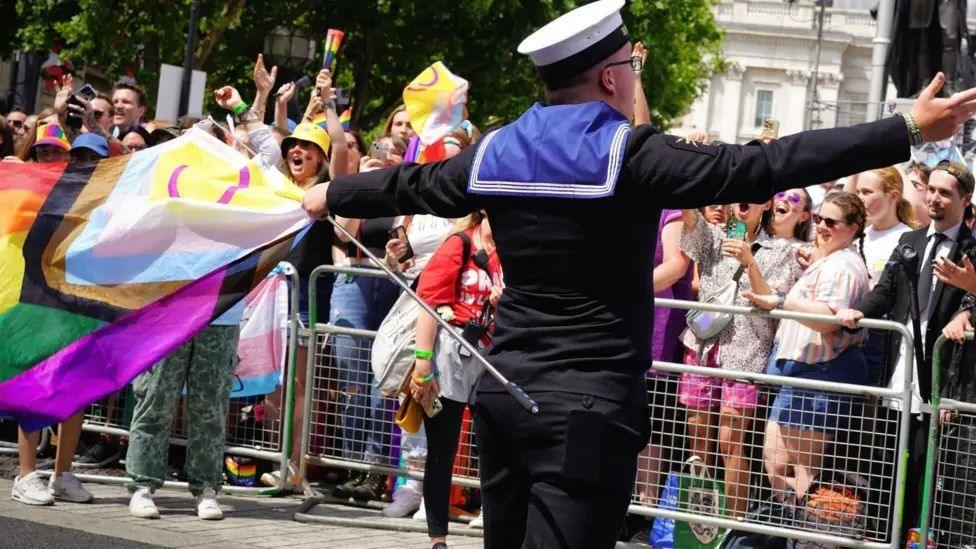
A debate into the treatment of LGBT veterans will begin in the UK Parliament on Thursday.
- Published
A Guernsey politician is backing calls demanding better payout for veterans dismissed from the UK armed forces for being gay.
A debate into the treatment of LGBT veterans is due to begin in the UK Parliament on Thursday.
Deputy Heidi Soulsby says she is speaking to MPs in the UK about the amount of compensation being proposed.
The government has announced a £50m financial redress scheme for victims of the pre-2000 "gay ban" in the military will start next year.
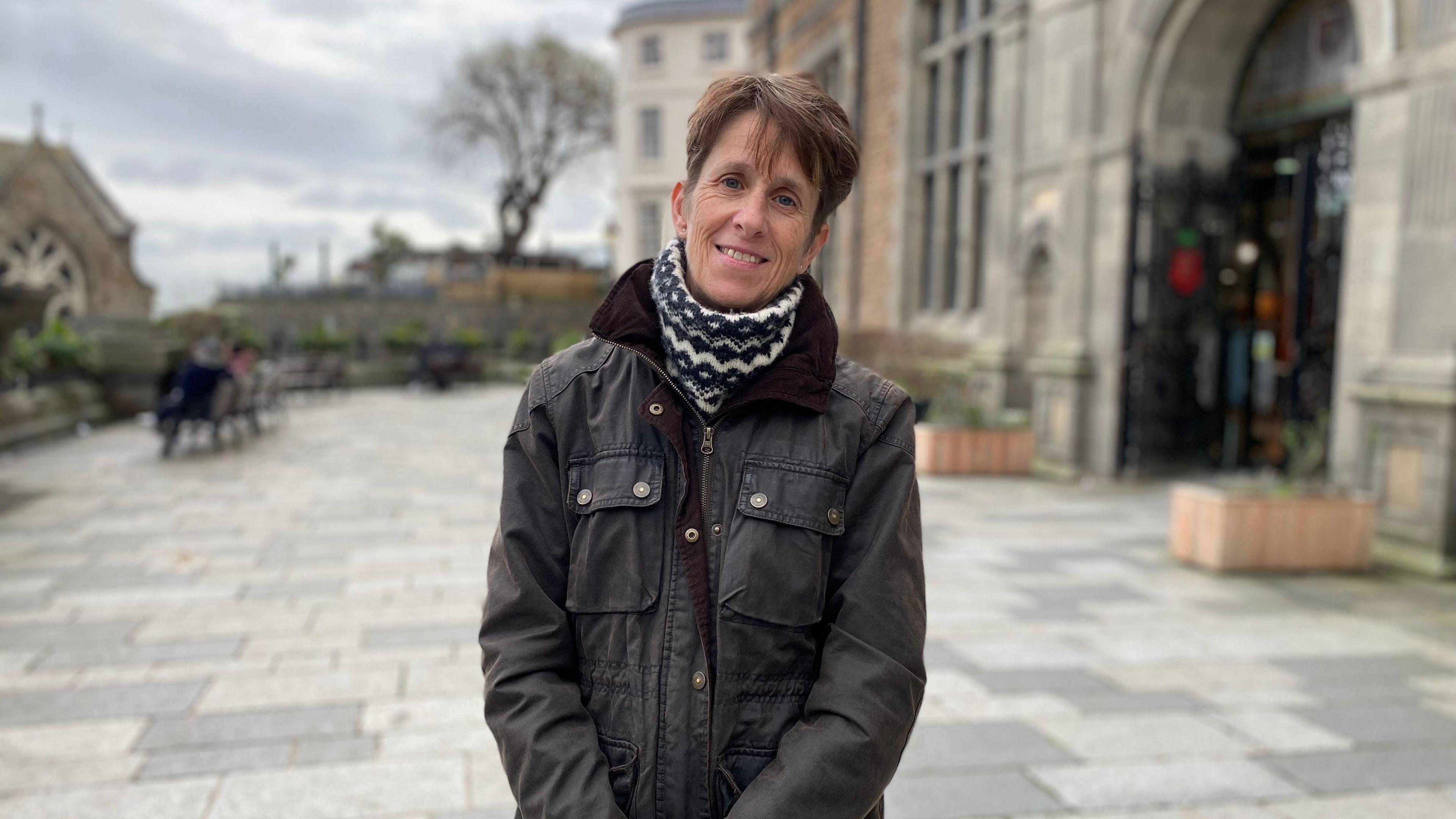
Deputy Heidi Soulsby wants a better payout for gay veterans
Homosexuality started being decriminalised in the UK in 1967 but a ban continued in the armed forces until 2000.
Those who were - or were considered - gay were often subjected to lengthy investigations before being discharged from the military.
Some went to prison as recently as 1995.
Many gay service personnel were dismissed, lost out on job opportunities, and were shunned by families and friends.
The UK government will start a £50m financial redress scheme for victims of the pre-2000 "gay ban" in the UK military next year.
A National Audit Office report found up to 4,000 veterans were likely to be eligible for compensation, meaning the average payout could be about £12,500.
Mrs Soulsby said: "If you consider how lives have been destroyed. I think that compensation should be higher and I'm hoping the debate will trigger an increase."
"You see the stark difference between other schemes like the Post Office and, quite rightly, people are getting compensation for that.
"These veterans have fought for the country and fought for the British Isles, fought for freedom and they were cast out and treated appallingly.
"Some of the stories that I've heard are quite upsetting. We need to give something back to the people who were there to defend ourselves."
'I was gutted. I wanted to serve'
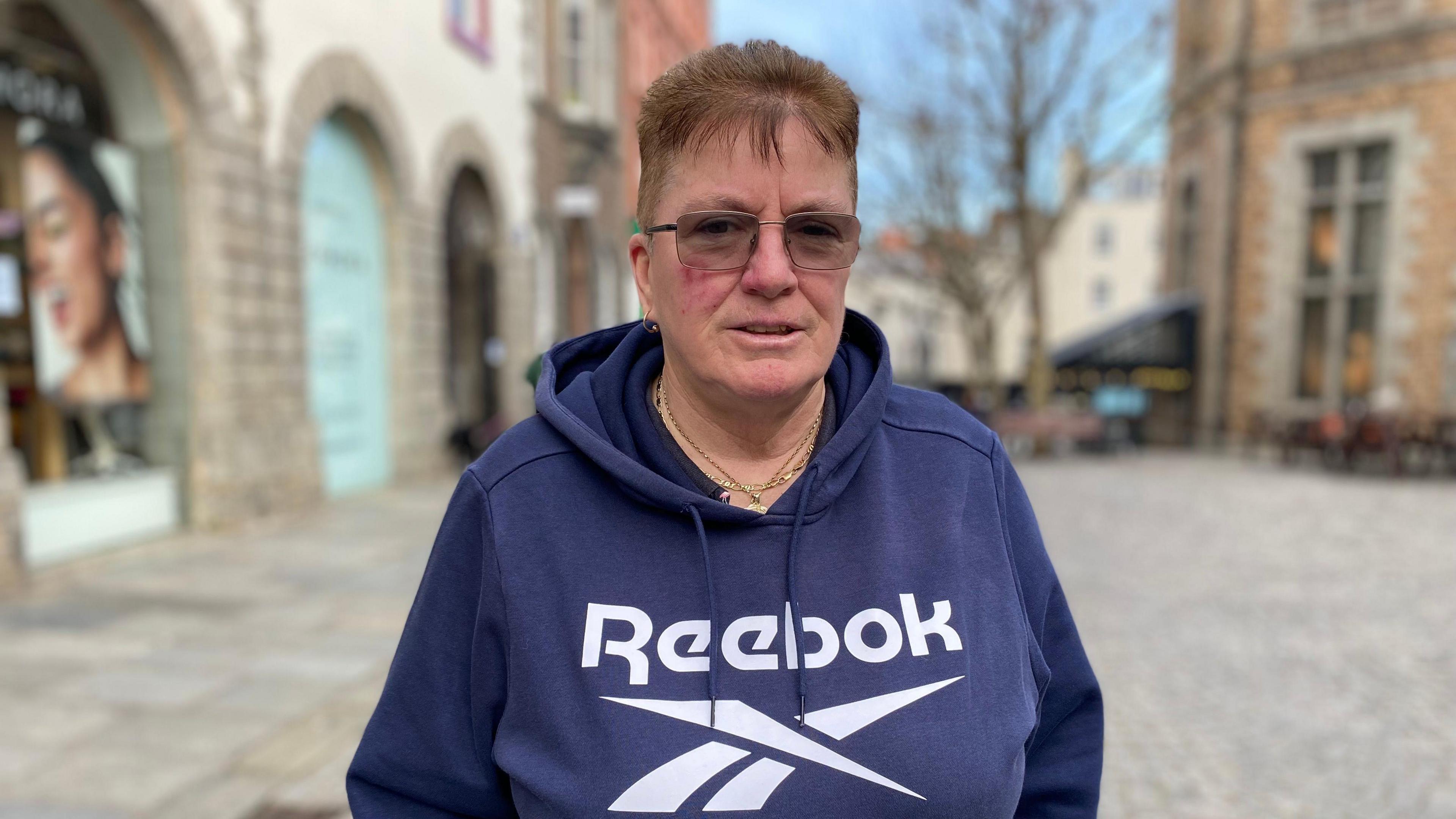
Linda Garnham was dismissed from the army for being gay
Guernsey resident Linda Garnham, who joined the Army aged just 17, said she was "gutted" after she was dismissed for being gay.
"After the first six weeks I was called into the CO's [Commanding Officer] office and asked if I was gay. I denied it as I wasn't at the time.
"Once I realised I had feelings towards women, I had to keep it quiet because we weren't allowed to be gay.
"I formed a relationship with someone and we started getting questioned by Special Investigation Branch and they started interrogating me which wasn't pleasant.
"It was four or five hours a day and just being hounded by questions. Being accused of things that I hadn't done. It was awful.
Linda was sent to a psychiatric hospital in an attempt to "cure" her and on her return to camp they told her she was being dismissed.
"I was so upset because that was my career, I had signed up for 21 years. There was never any complaints about my work. I was gutted.
"I just felt so ashamed that I couldn't do the career I wanted to do. I won't get my pension and I lost a lot of money."
Follow BBC Guernsey on X, external and Facebook, external. Send your story ideas to channel.islands@bbc.co.uk, external.
- Published23 October 2024
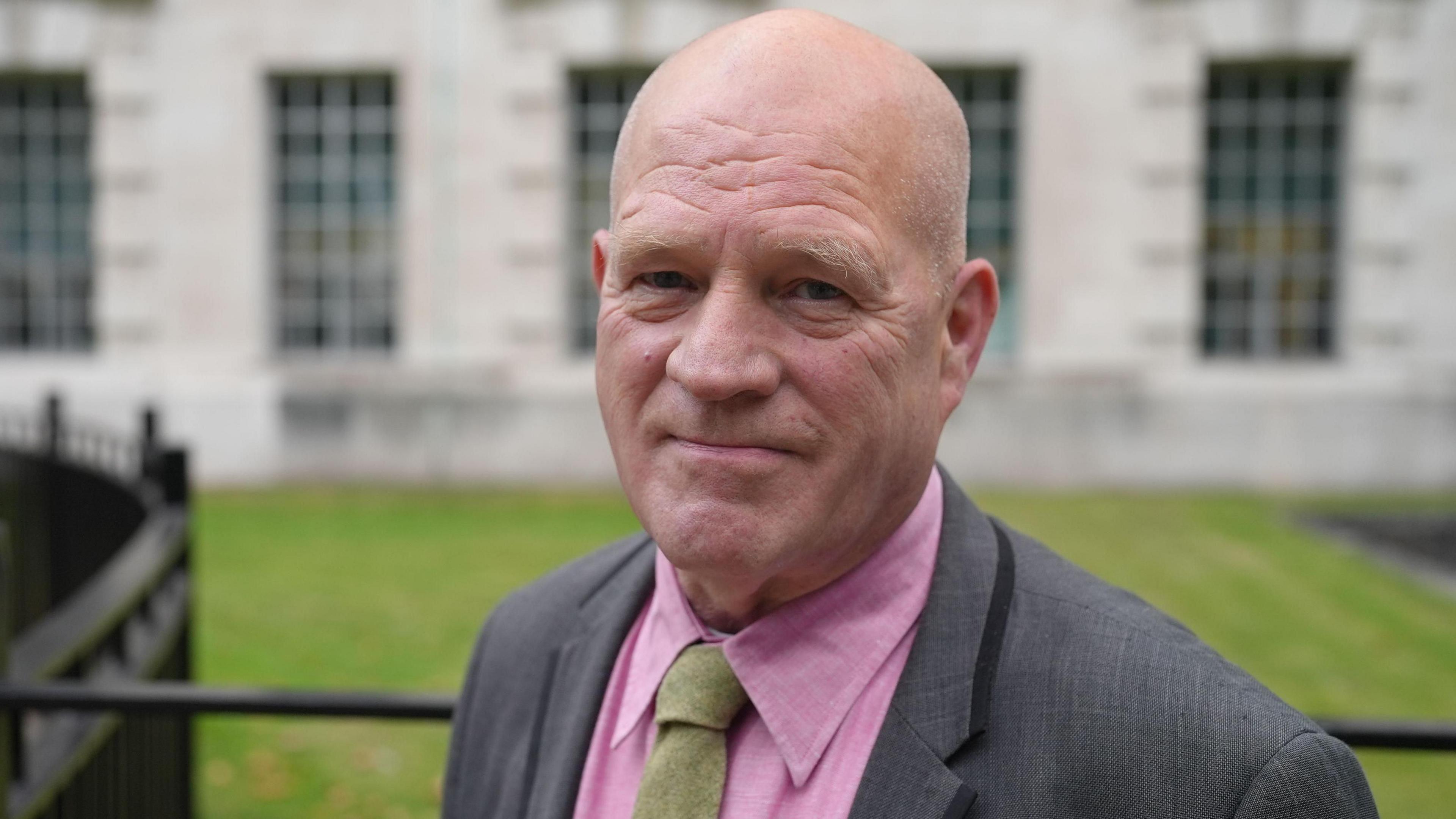
- Published14 October 2024
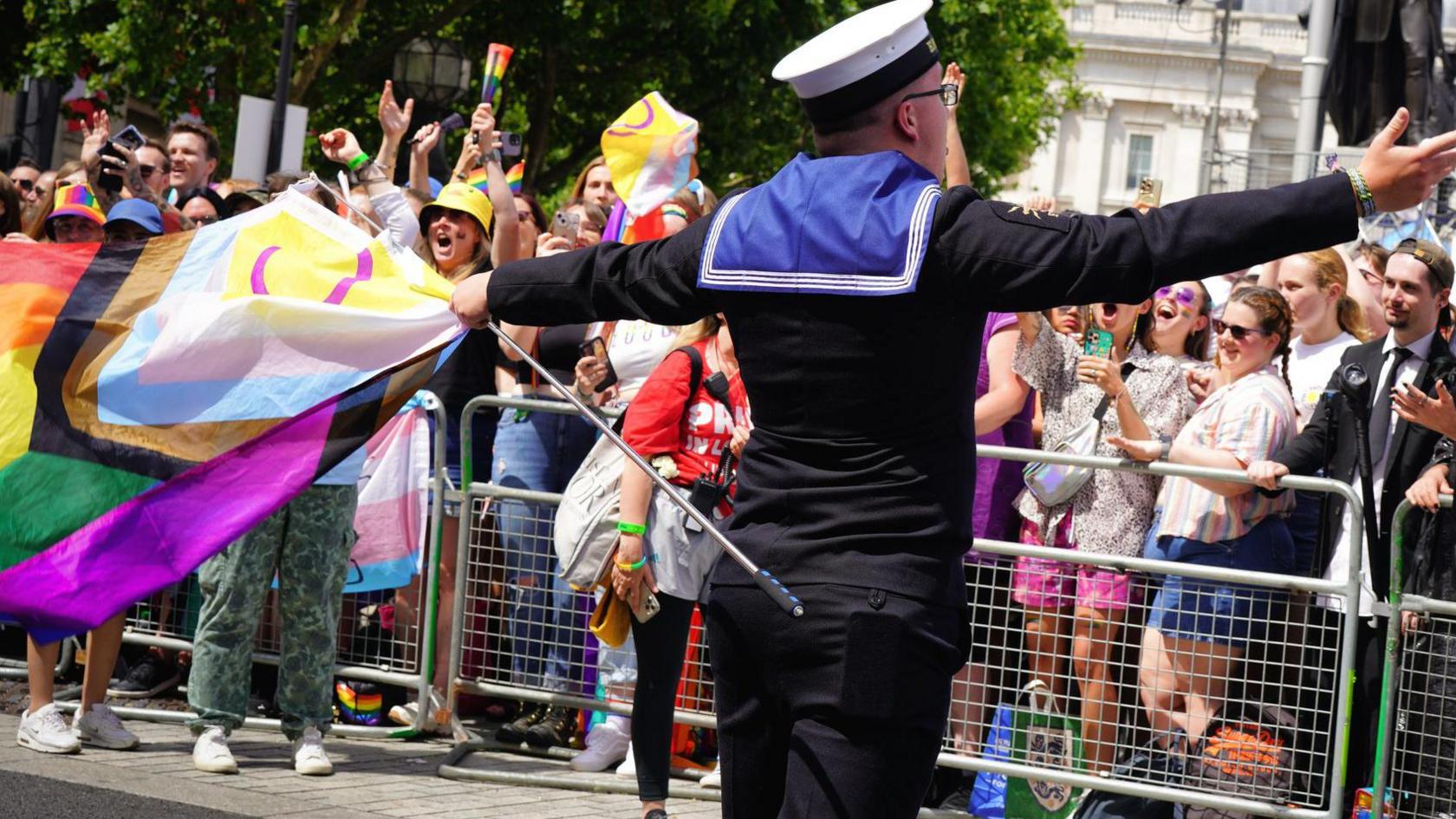
- Published11 December 2023
